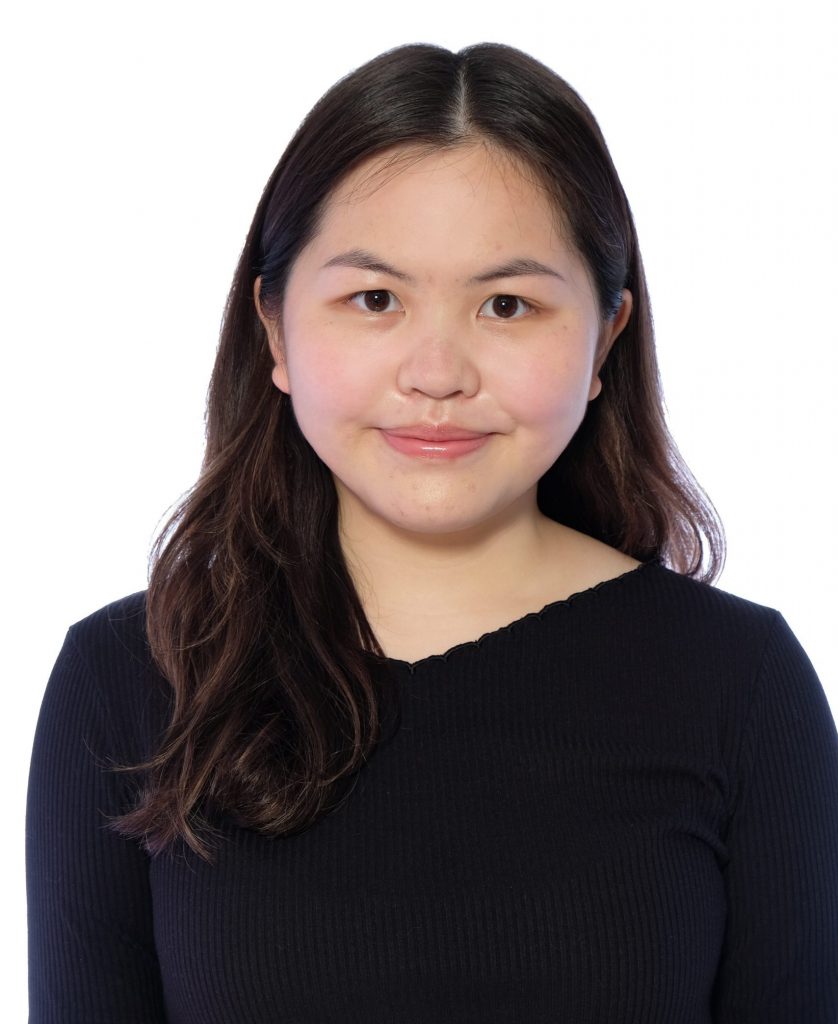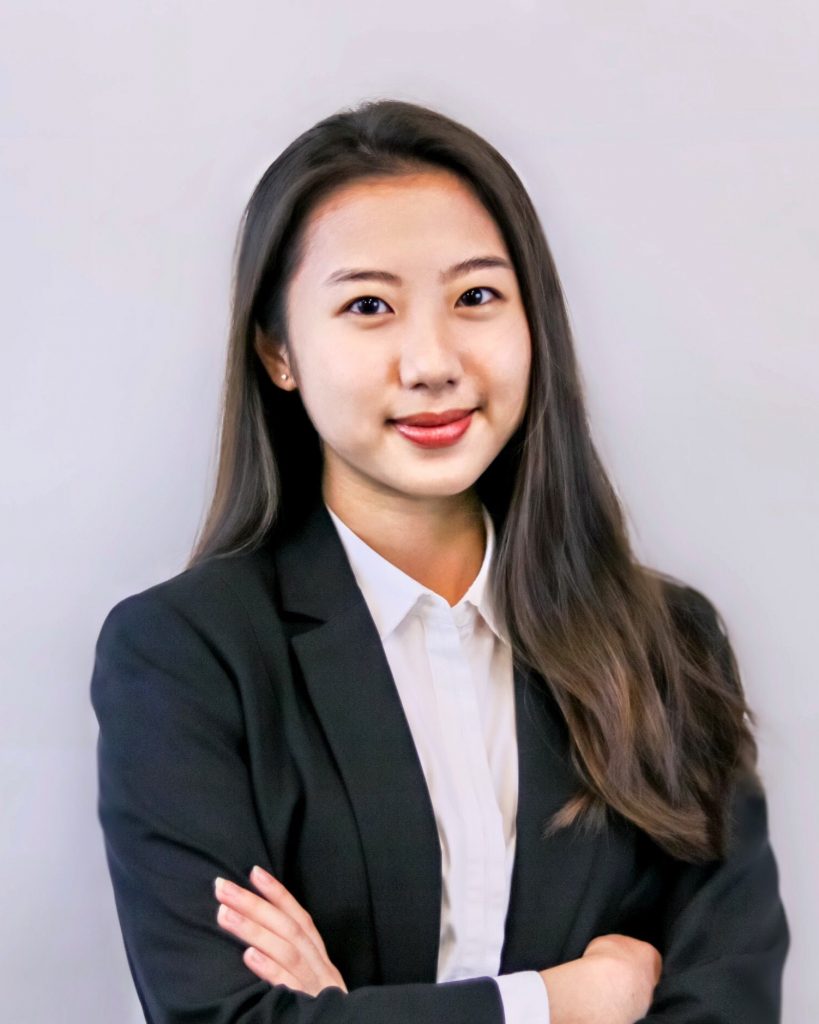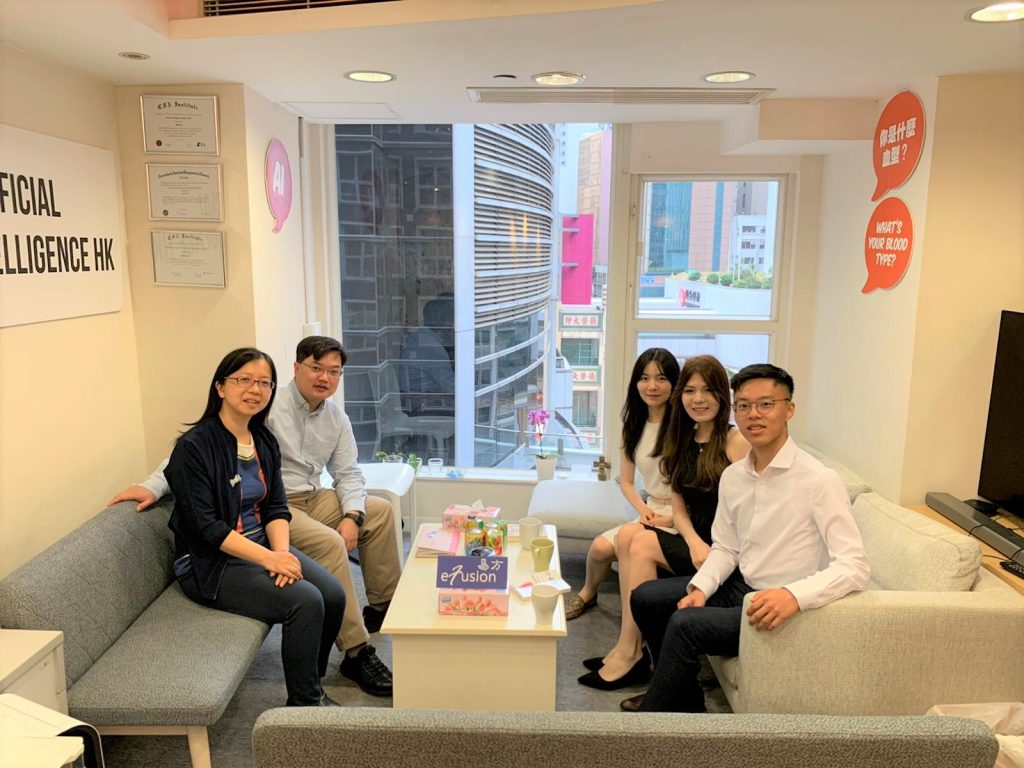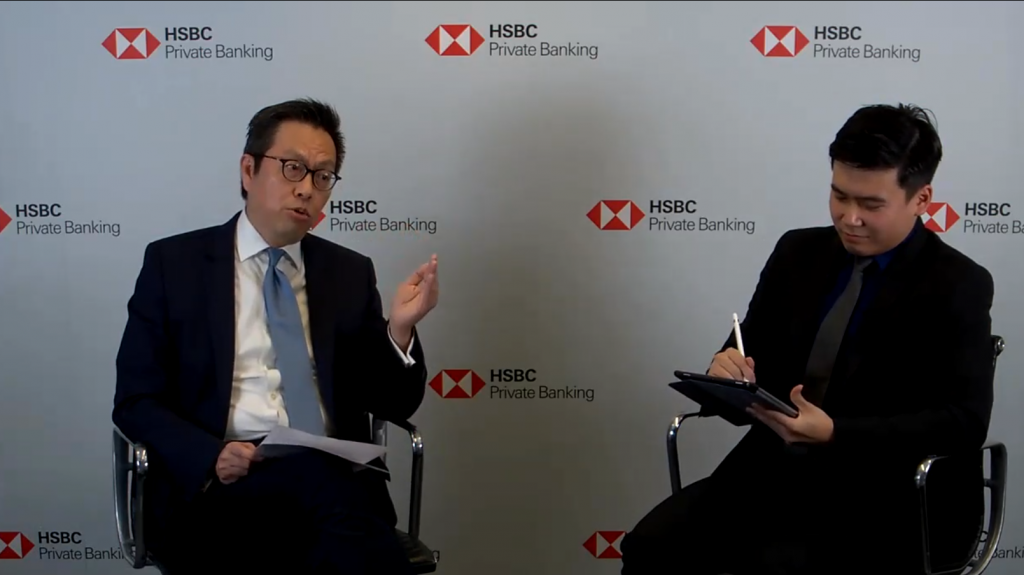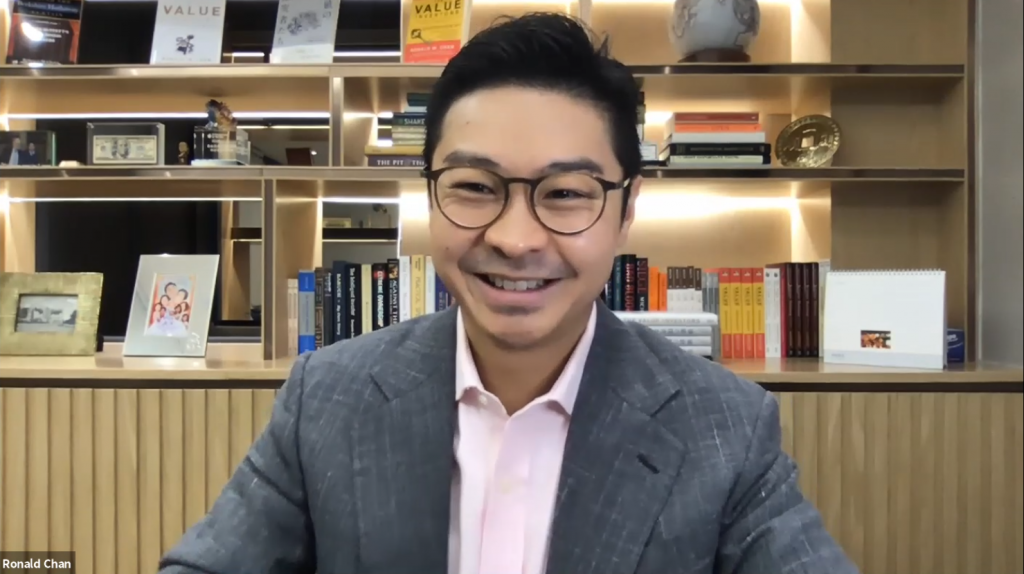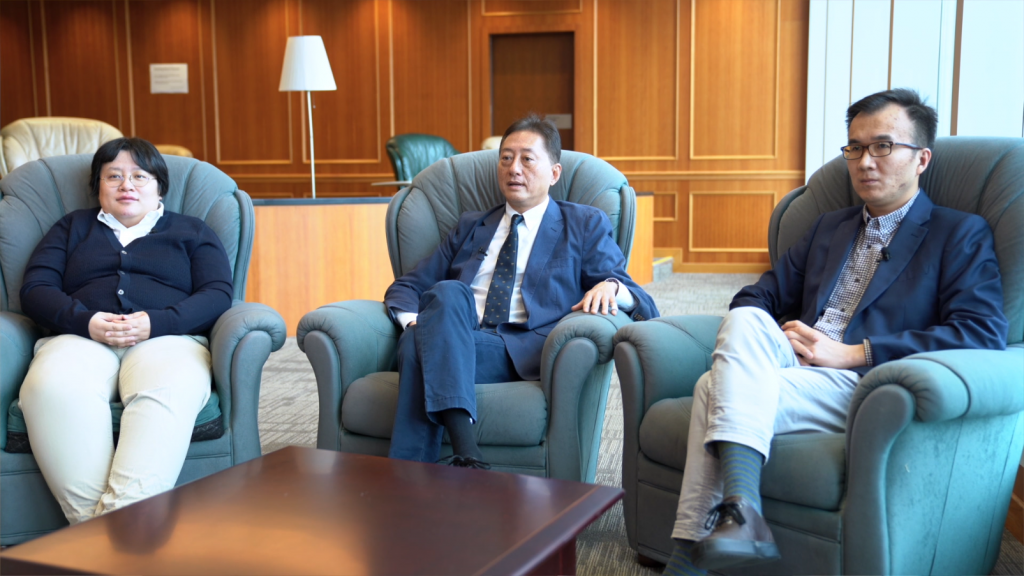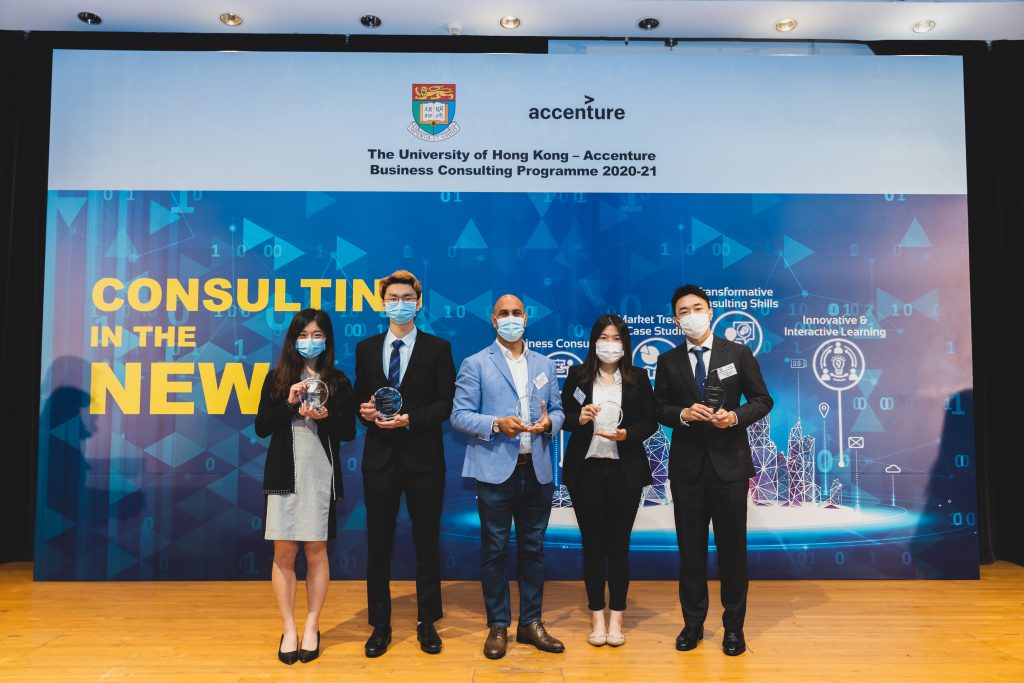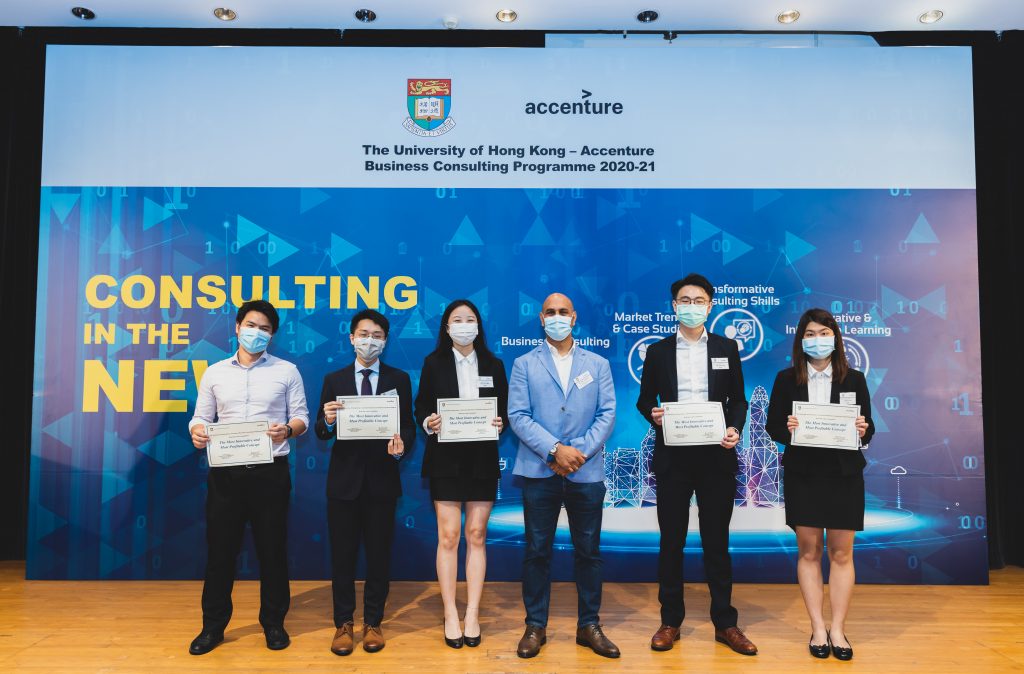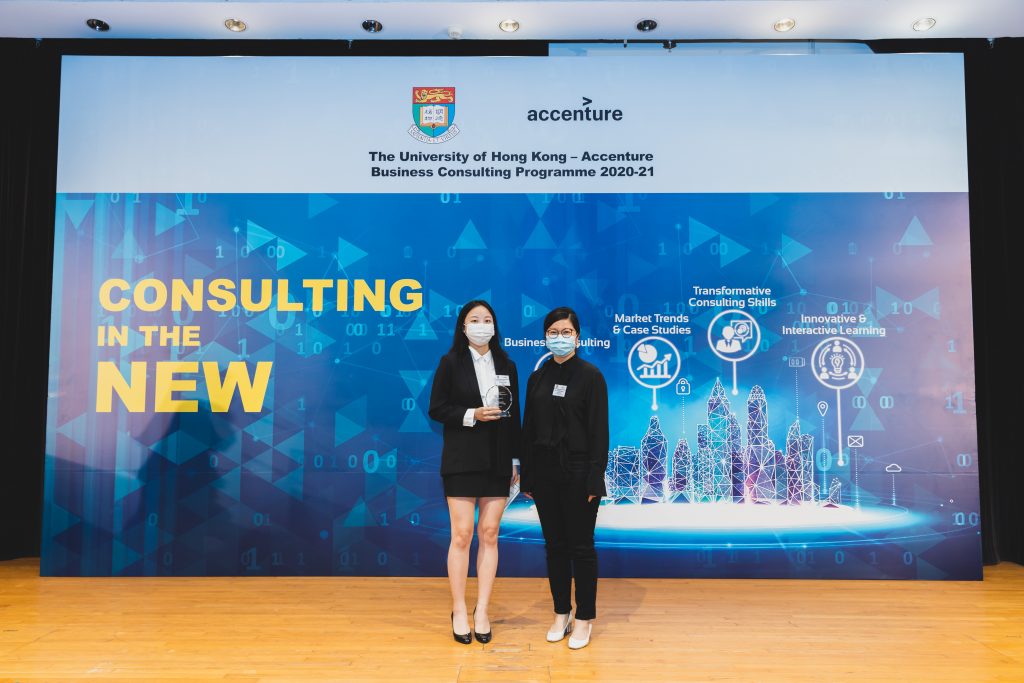Disrupt your traditional perception to ETFs – Discover how short interest of ETFs benefits the stock market
Exchange Trade Funds (ETFs) have become a low cost alternative of mutual funds for being more liquid and transparent. In 2020, there were more than 7,000 ETF products in the global market, with assets amounted to approximately 7.74 trillion U.S. dollars. Comparing with the amount of 1.3 trillion USD in 2010, this significant increase within a decade indicated the tremendous growth of this new form of index funds. While some criticises that traditional ETFs are too passive in reflecting market signals, research from Dr. Shiyang Huang, Associate Professor in Finance, HKU Business School and his team shows that Industry ETFs are able to hedge the industry and play a great role in improving market efficiency in the US market. The Industry ETF was proven as a positive financial innovation for both investors and the market and therefore should be encouraged by regulators.
Maintaining Market Efficiency with “Long-short Strategy”
The role of ETFs in risk hedging is common in the market. In 2017, Bloomberg reported that hedge funds had USD $103 billion in short ETF positions, almost doubling their USD $43 billion in long positions. While a high Short Interests Ratio (SIR) generally reflects a bearish sentiment in the market, Dr. Huang discovers that informed investors are actually adopting a “long-the-stock/short-the-ETF” strategy to profit from firm-specific information and to hedge industry risks.
Dr. Huang explains that even when investors acquire positive information of a stock prior to its earnings announcements, stock price itself is still vulnerable to exogenous risks such as industry risks and market risks. To hedge industry risks effectively, hedge funds will hold a long position on a stock they have positive firm-specific information on, while holding a short position on an Industry ETF (IETF) to which the stock belongs to. Dr. Huang and his team discover that the long-the-stock/short-the-ETF strategy can mitigate Post-Earnings-Announcement Drifts, reflecting that the market incorporates the information of the earning announcement efficiently, and guide the stock price to its true value in a timely manner. That said, introducing an IETF can help improve the efficiency of a company’ stock that belongs to the corresponding industry of this IETF.
Do Smart Beta ETFs Create Values to Investors?
In the ETF marketplace, smart beta ETFs supported by asset pricing research can be regarded as the fastest-growing segment. They were built upon formulaic rules, such as the value, growth rate, size and market momentum of a portfolio of stocks. As of 2018, Smart-Beta ETFs account for more than 20% of the US ETF market. As forecasted by Blackrock, Smart-Beta ETFs will grow to more than USD $2 trillion by 2025.
However, Dr. Huang discovered that although the newly introduced Smart-Beta ETFs have stellar backtests results, significant drop on the performance are always found after listing. After studying the performance of 238 Smart-Beta-ETFs listed in the US from 2000-2018, Dr. Huang has shown that the unsatisfactory performances of Smart-Beta-ETFs are unrelated to improved market efficiency, strategic listing timing and diminishing returns to scale. In contrast, the existence of data mining during index construction largely drives the performance decline of smart beta indexes. Data mining is particularly significant in multi-factor indexes where ETF sponsors have the discretion in freely choosing and combining multiple factors for their ETF products. Before listing, the proclaimed returns from multi-factor Smart-Beta ETFs are on average 4.11% per year. But after listing, they suffer an average loss of -0.79% per year.
Some argues that the poor performance of Smart-Beta ETFs is a result of high management fee, but even excluding this factor, research from Dr. Huang has shown that their performances are still weaker than traditional market index ETFs.
Despite the research showing a significant performance gap before and after listing, Dr. Huang points out that Smart-Beta ETFs could still out-perform traditional ETFs under some special circumstances. For example, in the current “zero interest rate” environment, Smart-Beta ETFs that follow high-yield can outperform the market index ETFs, as high-dividend stocks may perform well. Therefore, investors are advised not to blindly chase “on paper” performance of “smart” beta indexes, but have a more in-depth study before purchasing this new type of finance products.
Read More:
Innovation and Informed Trading: Evidence from Industry ETFs
The Smart Beta Mirage






